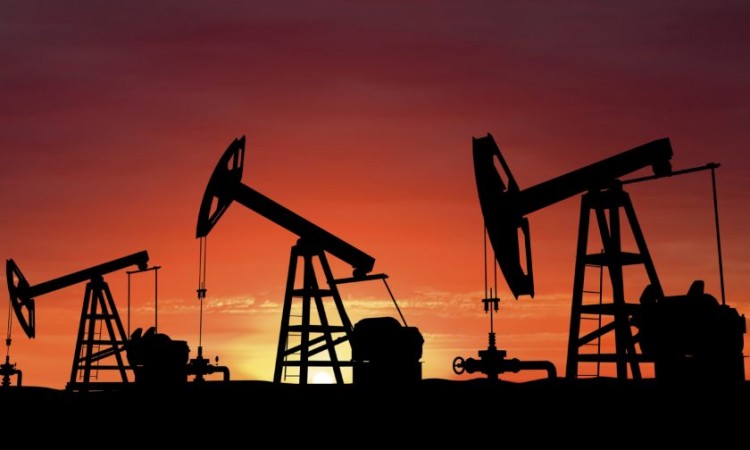
The Trump administration on Tuesday announced sanctions against a Russian oil firm accused of supporting the Maduro regime -- the latest in a string of actions aimed at forcing the embattled Venezuelan leader from power.
A senior administration official said that the designation of Rosneft Trading S.A., a subsidiary of Russia's Rosneft Oil Company, was "another major step forward toward achieving maximum pressure."
The sanctions also target Rosneft's chairman and president, Didier Casimiro, whom an official described as "the main European intermediary to help [Venezuelan President Nicolás] Maduro skirt sanctions."
Secretary of State Mike Pompeo said in a statement, "As the primary broker of global deals for the sale and transport of Venezuela's crude oil, Rosneft Trading has propped up the dictatorial Maduro, enabling his repression of the Venezuelan people."
An administration official, speaking on a call with reporters, said that the financial support from Rosneft "is what the Maduro regime has been using to sustain its military forces, its oppressive forces to oppress the people of Venezuela" and sanctions should "have a significant impact on the Maduro regime."
The announcement of the additional sanctions comes weeks after a visit to Washington by opposition leader Juan Guaido, who is considered to be the legitimate leader of Venezuela by the US and dozens of other countries. Guaido was recognized by President Donald Trump during the State of the Union address and the two leaders met privately at the White House.
During that meeting, Trump pledged to take additional action against the Maduro regime, a source familiar with the meeting told CNN at the time.
The senior official told reporters Tuesday that "this decision was cleared by the President himself." Another senior official noted that Pompeo met with Russian Foreign Minister Sergey Lavrov Saturday in Munich, Germany, "and they did discuss this."
Guaido celebrated the new sanctions, writing on Twitter that the Russian oil company was sanctioned "for being complicit with the dictatorship."
"This news is a victory! Those who support the dictatorship, whoever they are is, wherever they are from, will have to assume the consequences. Those who support democracy will be welcome"
An official noted that the US is currently "50-60%" into its maximum pressure campaign, later adding, "We hope to never have to get to 100% maximum pressure." Moving forward, officials reiterated that "all options" remain on the table.
More than a year after the US recognized Guaido as the interim president of Venezuela, its campaign of targeted sanctions has yet to yield the desired result. Maduro has refused to leave the office and retains control of many of the levers of power in the country. Both Guaidó and Pompeo have suggested they do not plan to negotiate with Maduro.
"The dictatorship killed that opportunity," Guaido told CNN in mid-January.
The administration has condemned Russia's support of the Maduro regime in the past. Last May, Pompeo claimed Russia had persuaded Maduro not to leave the country.
Under Tuesday's sanctions, "all property and interests in property of Rosneft Trading S.A. and Didier Casimiro that are in the United States or in the possession or control of U.S. persons, and of any entities that are owned, directly or indirectly, 50 percent or more by the designated individual and entity, are blocked and must be reported to" the Office of Foreign Assets Control, according to the US Treasury.
The sanctions will be lifted, the official said, when Rosneft stops doing business with the Maduro regime and allows a democratic transition to take place. The official also warned that all companies that engage with Rosneft Trading "are on notice that they are all susceptible to sanctions."
There will be a 90 day wind-down period, and as far as a potential impact to oil markets, a senior official said that global oil markets are "adequately supplied," and predicted that "while this is a serious action, global markets will remain stable."
Speaking in Caracas, Ricardo Cusanno, President of the Venezuelan Chamber of Commerce (FEDECAMARAS) warned against the consequences of sanctions. "The collateral damage has been extremely big. People perceived more like a full-on embargo [against Venezuela], than some sanctions directed at specific targets."
"There has been, I think, very bad communication from those who imposed the sanctions," Cusanno concluded.
Kakvo je tvoje mišljenje o ovome?
Učestvuj u diskusiji ili pročitaj komentare





 Srbija
Srbija
 Hrvatska
Hrvatska
 Slovenija
Slovenija







